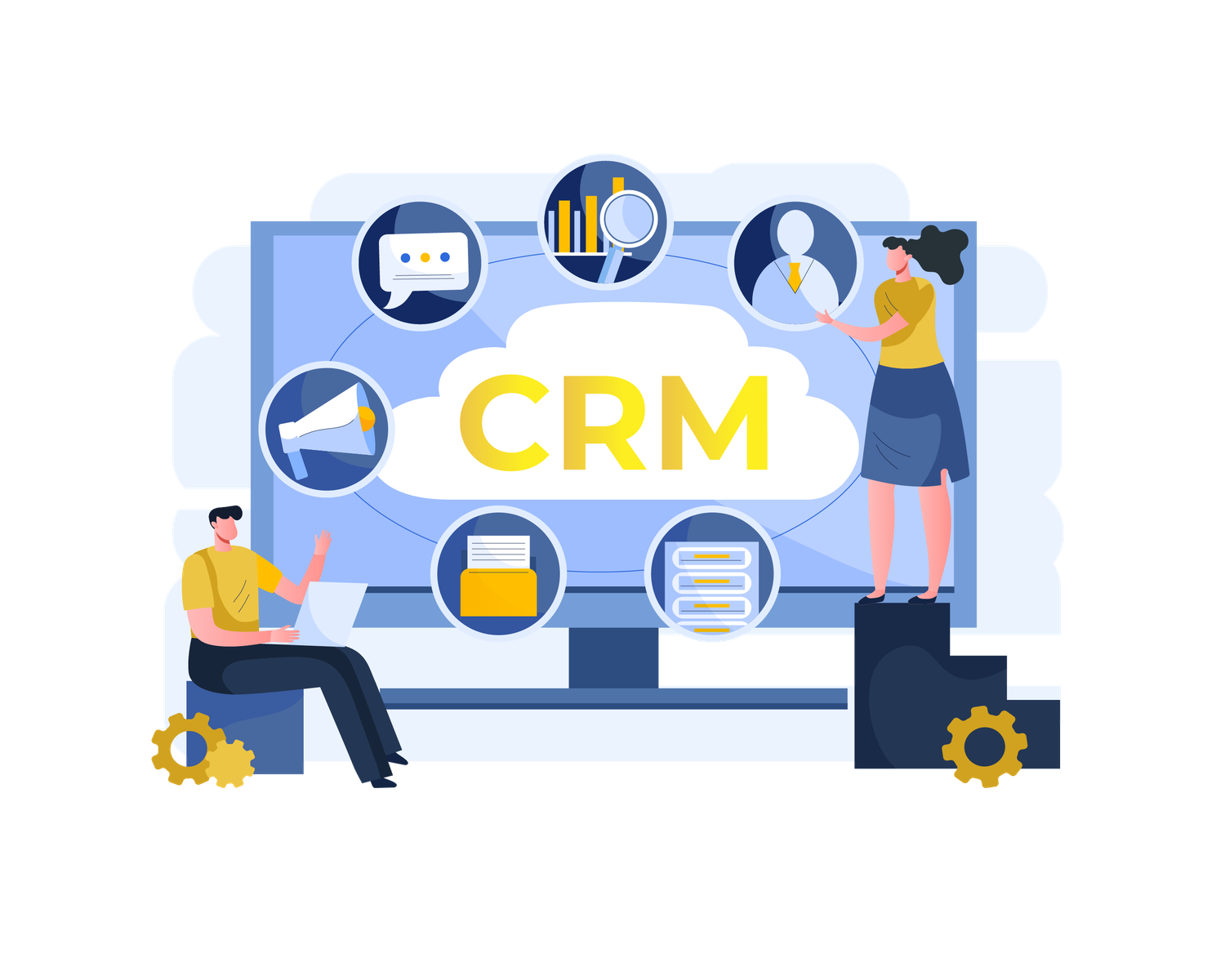CRM?
Buying a CRM Isn’t a Magic Wand
For many businesses, buying a CRM feels like a turning point. But a CRM is just a tool, it reflects how organized (or disorganized) your business already is. If your workflows are messy, a CRM won’t fix them. It simply digitizes the mess. A CRM won’t fix bad habits. It just accelerates them.
The 4 Big CRM Mistakes Business Owners Make
1. Treating CRM as a Static Contact List
A CRM isn’t just a digital phonebook. It should manage the entire customer relationship, dynamically and in real-time. A real CRM should:
- Track meetings and call outcomes
- Show a detailed timeline of every interaction
- Log tasks, activities, invoices, and payments
- Allow any team member to understand the full client history
- Give management real visibility into client behavior
Real Example: Architecture Firm Transformation
- Integrated sales, design, project management, and finance data
- Logged meetings and shared minutes of meetings instantly
- Created tasks from meeting discussions
- Enabled financial tracking and client profitability analysis
- Introduced sentiment feedback mechanisms
Results:
- 16+ new projects awarded in a few months
- On-time delivery even under heavy workload
- New client trust and unexpected business opportunities
The remarkable efficiency wasn’t just noticed internally; it made such an impression on their key clients that it sparked new conversations, trust, and opened doors the firm hadn’t imagined before.
2. Overcomplicating the CRM Setup
Too many fields, stages, and reports make CRM unusable.
3. Keeping CRM Separate from Operations
CRM must integrate with daily work — not sit in isolation.
4. Not Enforcing Consistent Usage
If it's not in the CRM, it didn’t happen.
The Hidden Costs of a Broken CRM
A broken CRM causes:
- Lost sales opportunities
- Incomplete managerial decisions
- Poor customer service
- Wasted software investment
How to Fix It: Building a CRM That Actually Works
1. Define Clear CRM Goals
Know exactly what your CRM should manage.
2. Keep It Simple and Actionable
Track only what drives action.
3. Integrate CRM into Daily Workflows
Make CRM the central hub of your operations.
4. Train and Enforce Usage Consistently
Build daily CRM habits.
Final Thought: CRM Is a Behavior, Not Just a Software
CRMs don’t organize businesses. People do. If you make CRM simple, useful, and integrated, even basic systems drive growth. You don’t grow by buying a system. You grow by building a system people actually use. And if you want an expert view on simplifying your CRM and connecting it to operations, we’re here to help. Get in touch
Related Reading
👉 From Spreadsheets to Systems: How to Transition Without Losing Your Mind
👉 The Hidden Costs of Managing a Business with Too Many Tools

